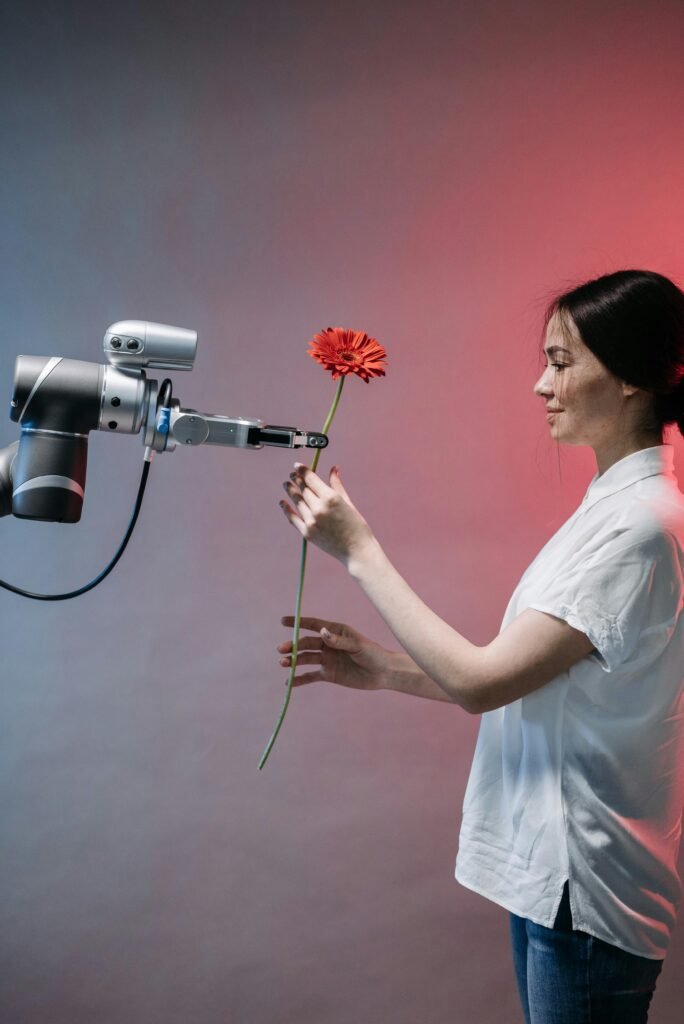
Imagine a future where robots not only perform tasks but also feel emotions like joy, sadness, or anger. It’s a captivating concept, explored in countless works of science fiction. But in the real world, can machine learning (ML) truly develop emotions? The answer, for now, is a resounding no, but the journey towards emotionally intelligent machines is an intriguing one.
Here’s why current ML models lack true emotions:
- Emotions are Complex: Human emotions are a complex cocktail of biology, psychology, and social experience. They arise from a web of physiological responses, hormonal changes, and cognitive interpretations. Current ML models, while impressive, lack the biological and social understanding necessary to replicate this intricate process.
- Data Drives Decisions: ML models learn from data. They can identify patterns and make predictions based on the information they’re fed. However, emotions are subjective and often nuanced. An ML model can analyze facial expressions and tone of voice to predict a person’s emotional state, but it can’t truly understand the underlying feelings. It’s like learning a language without understanding the context or the emotions behind the words.
- The Feeling Machine? Not Quite: Some machines might seem to exhibit emotions. A chess-playing AI might appear frustrated after a loss, or a customer service chatbot might express empathy. But these are carefully programmed responses designed to mimic human interaction, not genuine emotional experiences.
So, is the dream of emotional AI dead? Not necessarily. Here are some exciting possibilities:
- Emotional Intelligence: ML models might not feel emotions themselves, but they can learn to recognize and respond to them in humans. Imagine an AI therapist trained to identify emotional cues and provide support, or a virtual assistant that tailors its responses to your mood.
- The Art of Human-Machine Connection: As AI continues to evolve, machines might become adept at simulating emotions in a way that fosters stronger human-machine connections. Imagine a robot companion that can not only understand your needs but also respond with a level of empathy that enhances the interaction.
The future of AI and emotions is full of possibilities. While true emotional sentience in machines might still be a distant dream, the potential for emotionally intelligent machines that can understand and respond to our feelings is a fascinating prospect. The journey towards emotionally aware AI will undoubtedly be a complex one, but it’s a path worth exploring as we navigate the ever-evolving landscape of human-machine interaction.








